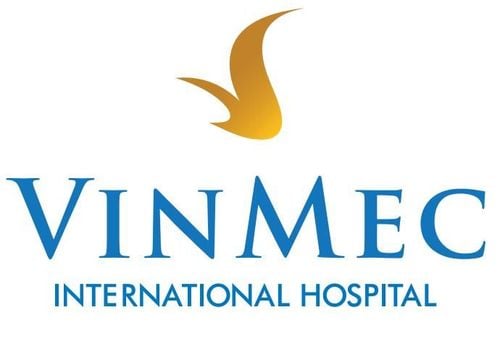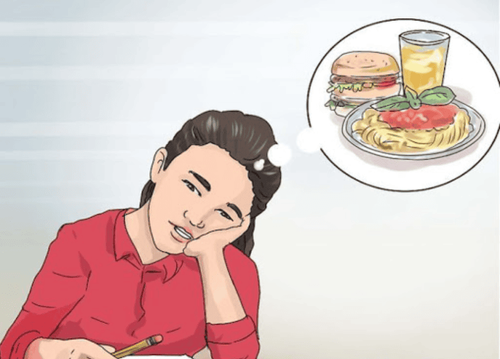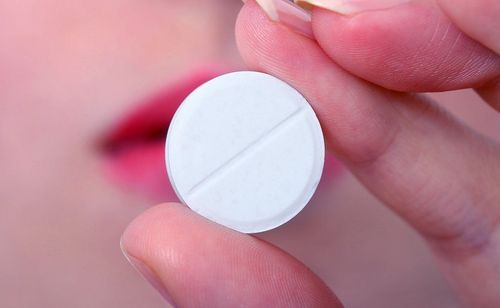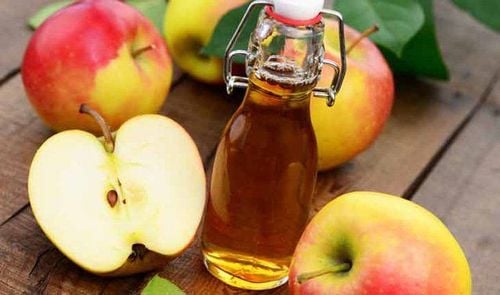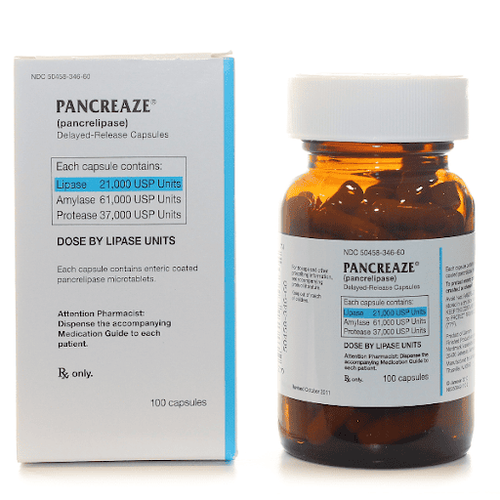This is an automatically translated article.
The article is professionally consulted by Master, Doctor Le Thi Minh Huong - Emergency Medicine Doctor - Department of Resuscitation - Emergency - Vinmec Nha Trang International General Hospital.Food cravings are a common phenomenon, can appear in anyone, and sometimes affect the process of maintaining a certain diet.
1. What is an appetite?
A craving is defined as a strong desire for food, which is sometimes irresistible and uncontrollable, and the person who develops the craving may not be able to satisfy it. until the person has eaten the exact type of food that the person is craving.Food cravings can be selective or non-selective. Selective cravings are cravings for certain foods, often favorite foods, such as chocolate, chips, or even more selective, like the favorite sandwich at a restaurant. favorite restaurant. Non-selective cravings are the desire to eat any food, and can be due to actual hunger or just a feeling of hunger, however it can also be a sign of thirst. Drinking water can help with non-selective cravings.
Many experts believe that cravings usually last between 3 and 5 minutes. Everyone's experience with cravings will be different, individual. Junk foods, processed foods that are high in carbohydrates, salt, and fat are often the targets of cravings, and they are also especially difficult to control compared to other foods.
Cravings are a big obstacle for people who are maintaining their weight goals or practicing a healthy diet, but there is no way to deal with cravings when they arise. presently.

Cơn thèm ăn đôi khi không thể kiểm soát được
2. Causes of cravings appear
Food cravings originate in areas of the brain responsible for memory, memory, satisfaction, and response.Imbalance of hormones (such as leptin and serotonin) can also cause cravings. Besides, cravings can also be caused by the release of endorphins inside the body when seeing other people eat (reflecting your own craving).
Emotions can also be related to the occurrence of food cravings, especially for people who are in the habit of seeking comfort by eating.
Pregnant women are subject to strong cravings, because they are going through hormonal changes, causing the perception of taste and smell to be changed compared to normal.
Nutritional problems and cravings may also have a certain relationship, because when the body lacks certain nutrients, it will crave foods that contain a lot of them.

Cơn thèm ăn mạnh mẽ ở các mẹ bầu
3. Methods to deal with cravings
If you only satisfy a craving when it appears, it is easy to form a habit without thinking about the consequences (especially with foods high in carbohydrates and fats). Try using the following methods to help control your appetite:3.1 Drink water Sometimes the body gives inaccurate signals, and in many cases the body even though thirsty, shows an appetite eat, so as soon as an appetite appears, try drinking water immediately. Try drinking a large glass of water, then wait for a few minutes, if the craving goes away, the body is simply thirsty. Moreover, drinking a lot of water also helps people who want to lose weight.
3.2 Exercise A study published in 2015 found that for overweight people with chocolate cravings, short bursts of exercise can help. The researchers found that just 15 minutes of walking was more effective in reducing cravings than sitting passively. Whenever cravings arise, immediately go for a walk around, or use other forms of exercise (such as climbing stairs).
3.3 Focus your mind To distinguish between really hungry or just a craving, try answering the question “Do you want to eat some fruit now?”. If the answer is "Yes", it seems that the body is really hungry, and if the answer is "No", it is likely that cravings are present.

Uống nước giúp kiềm chế cơn thèm ăn
Unable to lose weight Events with health Not fit enough to carry out the day's activities Thinking about such long-term consequences helps to recognize potential downsides, helps control cravings, and reminds yourself about maintaining a healthy diet and being cautious about what foods to eat.
3.4 Reduce stress Stress can play a role in cravings. Therefore, find ways to relax, reduce stress in life.
3.5 Get enough sleep A 2013 study found that lack of sleep causes hormonal imbalances, which are one of the causes of cravings.
3.6 Eat enough protein Protein (from beneficial food sources) is an indispensable component of a healthy diet, moreover providing enough protein for the body will help reduce the occurrence of cravings eat.
3.7 Avoid Hunger There is no such thing as a healthy diet that makes you hungry, and it has been shown that going hungry makes cravings worse. When the body is hungry, it will want to consume energy-rich foods, so that a healthy diet will be disrupted.

Ngủ đủ giấc giúp cân bằng nội tiết tố
MSc. Le Thi Minh Huong has more than 06 years of experience in examining and treating medical, emergency and emergency resuscitation diseases. In addition, there is the ability to perform catheterization techniques, artificial kidney in patients with end-stage chronic kidney disease, continuous dialysis, plasma exchange.
Customers can directly go to Vinmec Health system nationwide to visit or contact the hotline here for support.
Articles refer to the source: medicalnewstoday.com
SEE ALSO:
4 important groups of nutrients: Carbohydrates, fats, proteins, vitamins and minerals Sweet cravings during pregnancy do you need to pay attention to anything? Should eggs and milk appear in the menu of cancer patients?





